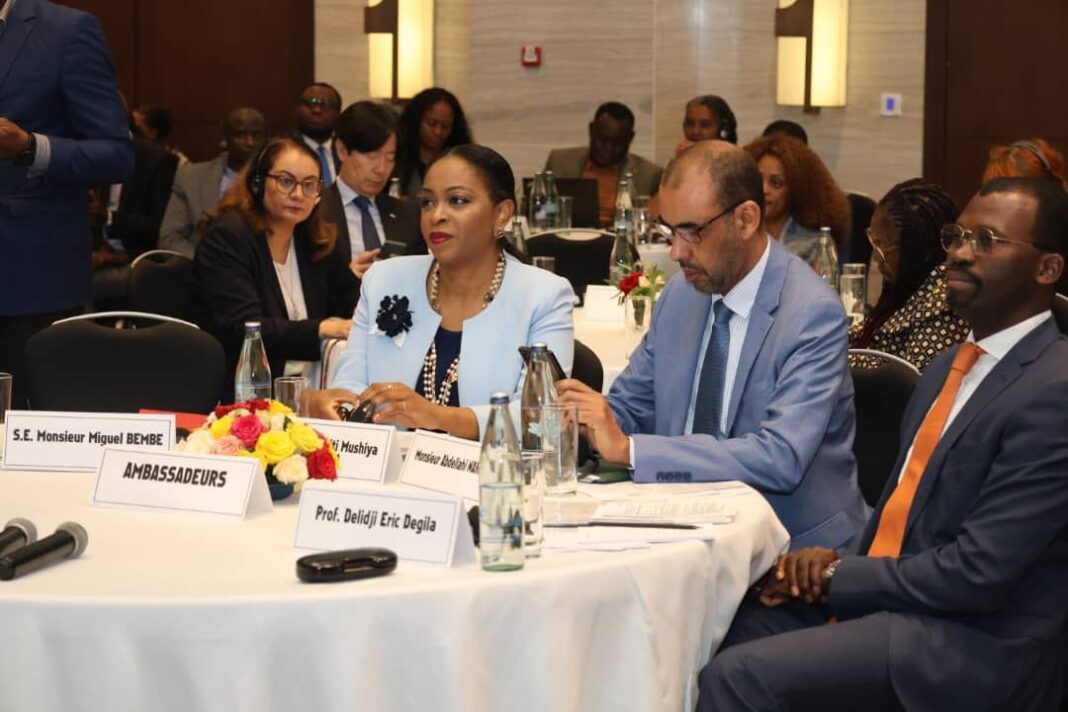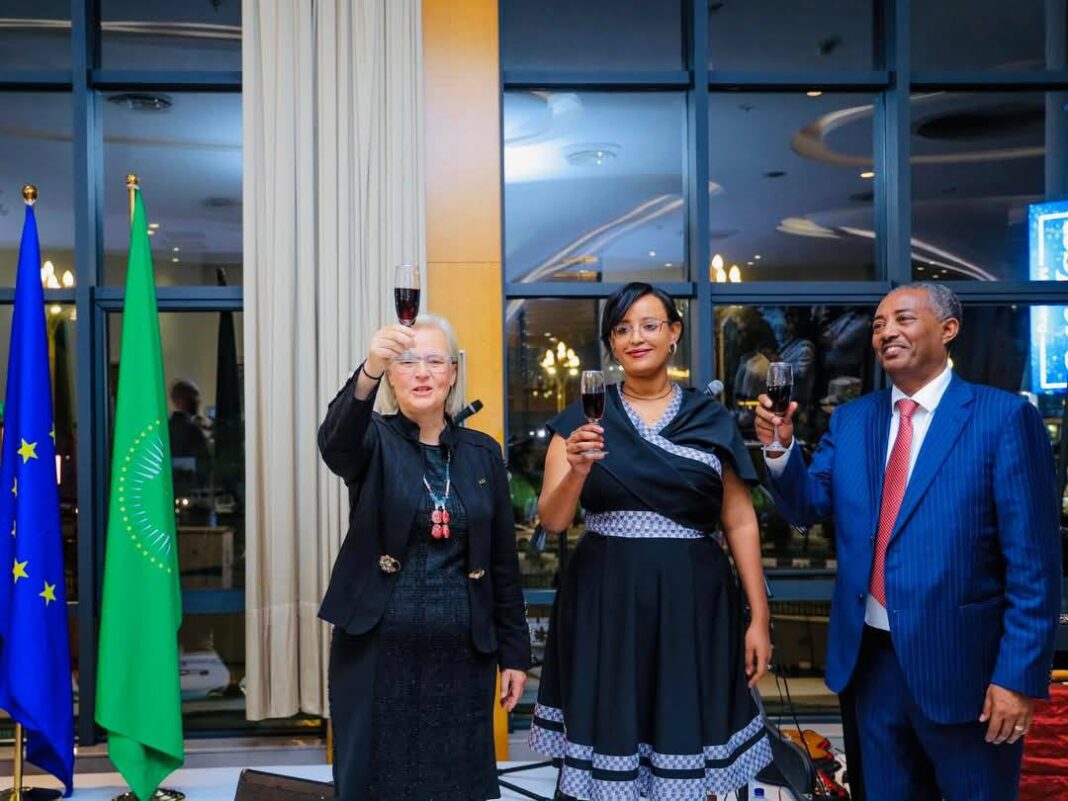By our staff reporter
A regional seminar titled “Multilingualism and Multilateralism in International Organizations: Challenges, Issues, and Prospects for Inclusive Governance” was held in Addis Ababa, focusing on the critical role of language diversity in fostering democratic debates and effective governance within international and regional organizations (IROs).
Languages serve as vital tools through which international organizations recognize and respect the cultural and linguistic diversity of their member states. The seminar underscored that promoting multilingualism is essential for ensuring transparency, inclusivity, and equitable participation in multilateral decision-making processes. It also enables citizens to understand and engage with policies that affect them directly.
Despite the formal adoption of multilingual systems by many IROs, the seminar highlighted a persistent trend toward monolingualism or bilingualism, which marginalizes certain official or working languages in favor of dominant vehicular languages. This imbalance poses challenges to member states’ abilities to fully defend their interests and participate equally in international forums.
The event emphasized the need for IROs to take proactive roles in promoting and preserving multilingualism by implementing rigorous monitoring and compliance mechanisms. Such efforts are crucial to respecting linguistic and cultural diversity, fostering equity, and advancing a pluralistic vision of international relations.
For over 15 years, the International Organisation of La Francophonie (OIF) has been a key advocate for multilingualism in global forums such as the United Nations, African Union, and International Criminal Court. The OIF supports the enhancement of French language skills among diplomats and officials and provides conference management services to facilitate linguistic diversity.
The Francophonie’s commitment is rooted in its 321 million speakers across 93 countries, spanning a wide range of languages including French, Spanish, English, Arabic, and Portuguese. This linguistic diversity reflects the complex realities of many member states, including those in Africa, where multilingualism is a daily norm.
The seminar also addressed recent developments, such as the United Nations Secretariat’s launch of a “Strategic Framework on Multilingualism” in March 2024, aimed at strengthening language diversity across the UN system. This initiative follows several General Assembly resolutions and recommendations to ensure equitable language use in international diplomacy.
The seminar’s context was framed by the 2022 Francophonie Summit in Djerba, which adopted a declaration and strategic framework emphasizing the promotion of French and multilingualism internationally. A renewed cooperation agreement signed in 2023 between the OIF and the African Union Commission reaffirmed commitments to linguistic pluralism and capacity building for diplomats.
Participants at the seminar included ambassadors, representatives of states and IROs, officials from the African Union, United Nations Economic Commission for Africa, regional economic communities, and language experts. The one-day event featured interactive sessions such as lectures, roundtables, and panel discussions.
Key topics included strategies to strengthen multilingualism, capacity building for translators and interpreters, digital solutions for conference management, recruitment and human resource management, communication tools, and funding mechanisms for multilingualism within IROs.
By the seminar’s conclusion, participants gained a deeper understanding of multilingualism’s challenges and opportunities, compiled a database of best practices, formulated concrete recommendations for integrating multilingualism in international organizations, and established a network of experts committed to advancing linguistic diversity.
The seminar represents a significant step toward fostering inclusive governance and equitable participation in Africa’s multilateral institutions, reinforcing the importance of language as a bridge rather than a barrier in international relations.







